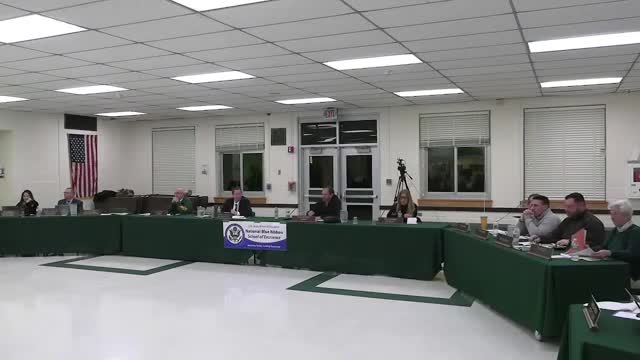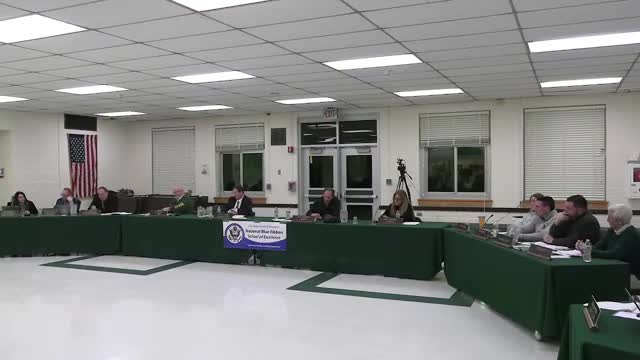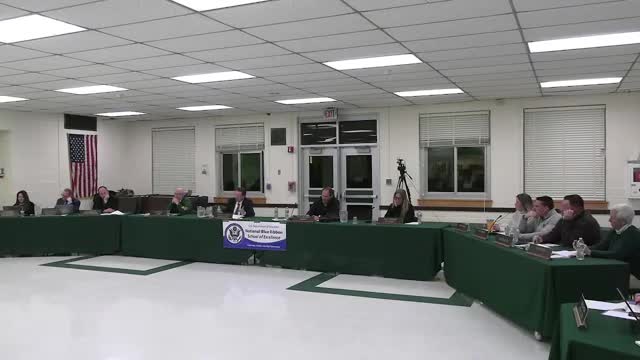Article not found
This article is no longer available. But don't worry—we've gathered other articles that discuss the same topic.

District outlines special‑education continuum, small‑class cohorts and aid inequities at work session

Lynnbrook administrators preview state diploma changes and local curriculum shifts including Coursera, AP Seminar and writing lab move

